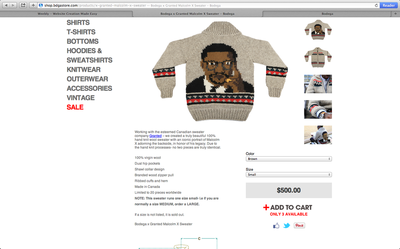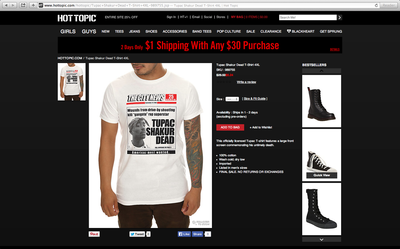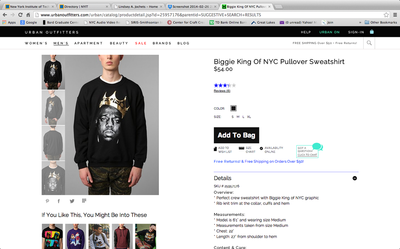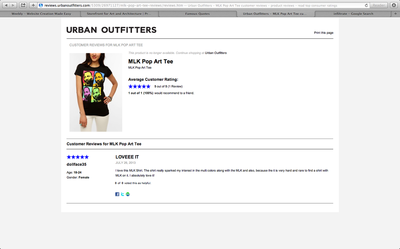|
I would like to dedicate this blog to social justice with the hopes of fighting injustice or at the very minimum starting a dialogue. Having grown up in Richmond Virginia I can still recall the ridiculously ironic holiday Lee-Jackson-King Day devoted to Martin Luther King, Robert E. Lee, and Stonewall Jackson The first name should need no introduction with his pivotal role American Civil Rights, but in case you are severely behind on your American History the latter two were confederate leaders in the American Civil War. You can imagine how confusing this was to a 5 year-old child.
It wasn't until I was deep in the jungles in Colombia South America, traveling by mini-van, trekking over mountains and through rivers with more passengers than seats, when the topic of social justice came about. Ms. Howse a social activist and brilliant human being inspired me to no longer be a bystander. So as my buddy Harry always says, we're voting with our dollars. And for measly $500 you can vote for a hand woven Malcolm X sweater made by the Canadian sweater Co. Granted. Sure it's local cotton and organic wool from a family owned business where the weavers, sheep, and cotton spores are serenaded by angels playing the harp. But seriously what would Malcolm X think? Would he agree with frivolous sweater spending, especially from a company lacking diversity and people of color on their website? Now obviously clothing is necessary, and many believe that by buying and wearing something they are in fact joining the fight and spreading awareness. This may be true. But should companies like Urban Outfitters, Forever 21, and Hot Topic capitalize on the faces of MLK, Biggie, Tupac, etc.? Should you buy a poster of MLK, Harriett Tubman, and Malcolm X from Walmart? Sure royalties are paid and every corporation has some form of social responsibility, but is this blurring the lines between social activism and social icon-ism? What would Martin Luther King think of sales honoring his birthday? That's not what the holiday is about. By no means am I an expert, but I do believe humanity has to be kinder to one another, stick up for one another, and follow simple rules of human decency. Obviously this is easier said than done. We're all living breathing creatures making it by, day by day, most of us living on a budget, thankful for the shirts on our back. But I just want people to know you don't need a special T-shirt to fight for justice, and regardless of morality every day we vote with our dollar. Is Courting Controversy An Urban Outfitters Strategy?http://www.npr.org/blogs/codeswitch/2014/12/16/370329870/is-courting-controversy-an-urban-outfitters-strategy
3 Comments
3/4/2014 05:56:52 pm
Good to know about your opinion and dedication which you have expressed here got impressed with your blog. Thanks for sharing
Reply
3/20/2021 02:21:43 am
very informative content , keep it up
Reply
4/2/2021 01:21:31 am
Best work you have done, this online website is cool with great facts and looks
Reply
Leave a Reply. |
LAJ
100 Objects of Popular and Material Culture is an blog exploring the manifestations of human consumption and commodity-ization. The purpose of this experiment is to explore material and popular culture in contemporary society by using objects and concepts to prompt wider questions and reflections. So by emulating The British Museum's and Neil MacGregor's format of A History of the World in 100 Objects I plan to satirically analyze and reinterpreted 100 material culture objects over the course of 2014. Material Culture is the study of our culture's consumption of stuff; namely the manifestation of culture through material productions where people's perceptions of objects is socially and culturally dependent. With this, objects reflect conscious and unconscious beliefs on the the individuals who fabricated, purchased, or used them, and by extension the society where they live. So examining materiality, cultural truths and societal assumptions may be discovered. As anthropologist Arjun Appaduai states "in any society the individual is often caught between the cultural structure of commodity-ization and his own personal attempts to bring a value and order to the universe of things." Objects and commodities make up a much larger symbolic system consisting of want and need, socio-economic status, fashion, etc. Often times form follows function whether the commodity, market, and or consumer forever evolve around one-another. Philosopher Pierre Bourdieu's theories of capital flow full circle; where regardless if you are a minimalist or a hoarder the world is made up of things and everyone will leave their footprint on the earth. So by humorously analyzing marketed objects and concepts, hopefully this blog will provide further incite into ideas of over-consumption, a disposable society, consumerism vs. anti-consumers, planned obsolescence vs. sustainability, as well as the greater good of mankind and future generations. Archives
March 2015
Categories |






 RSS Feed
RSS Feed